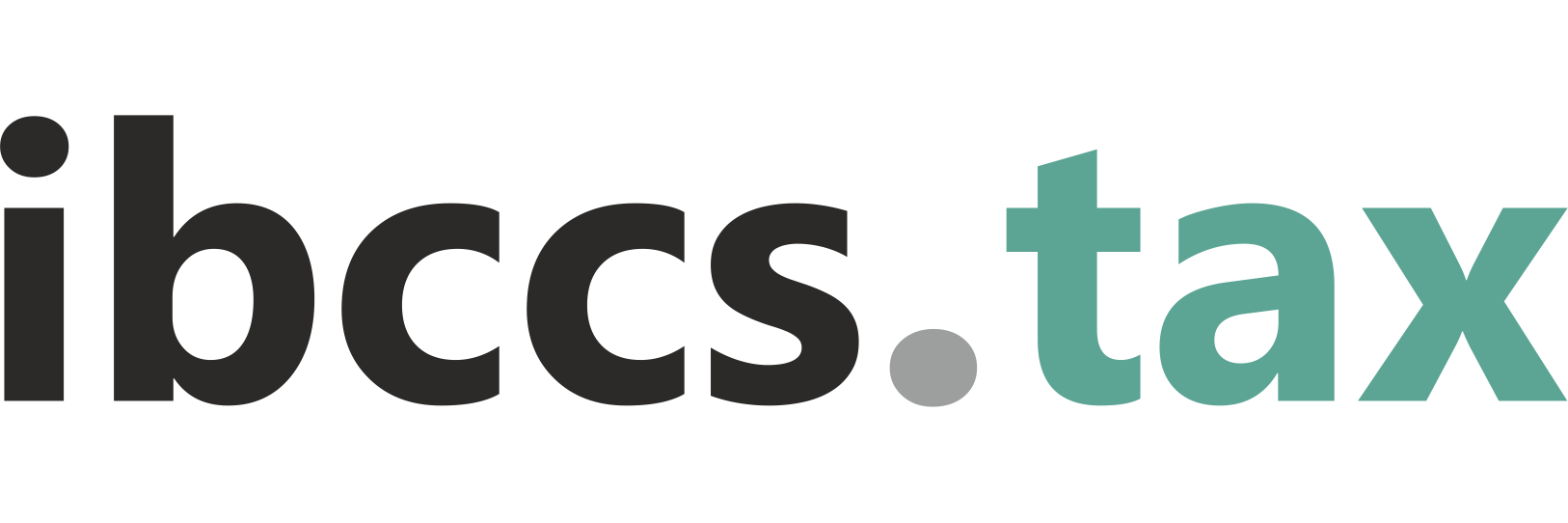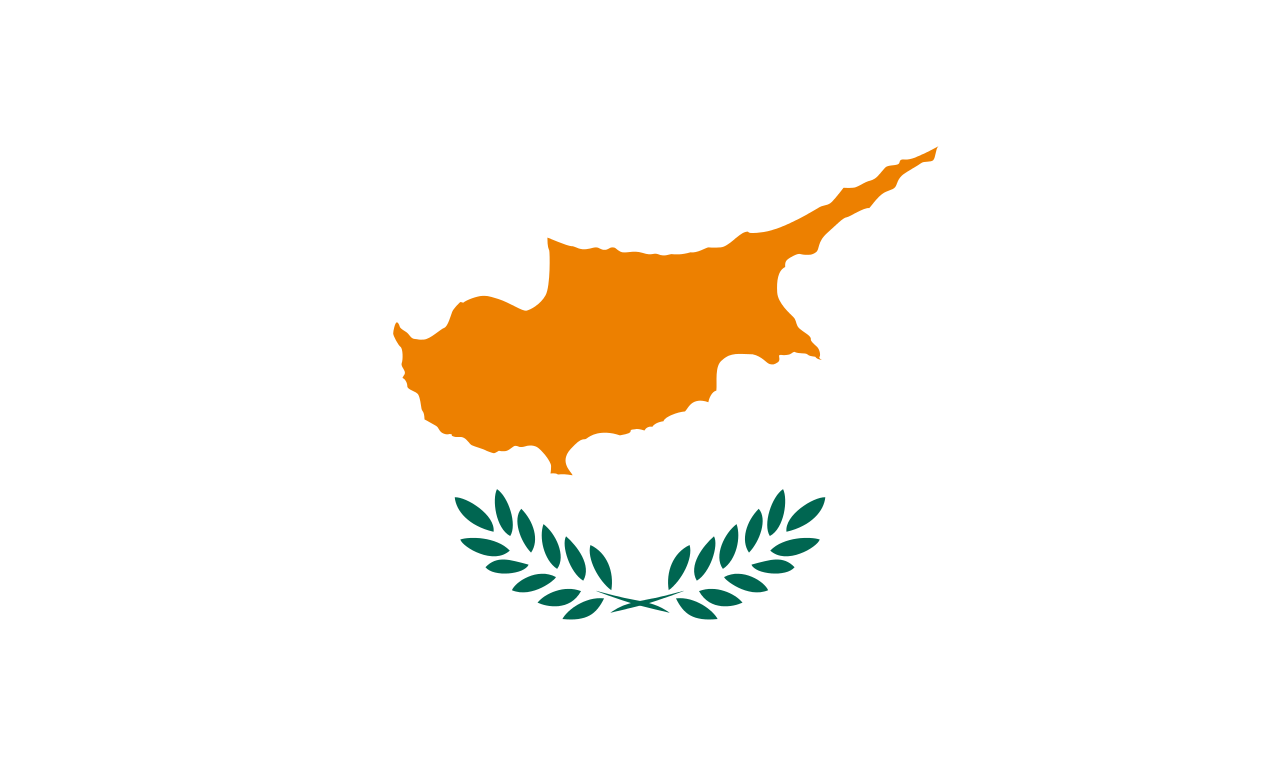Cyprus currently has one of the most favorable IP systems in the world, imposing only 2.5% – 0.0% of the effective tax rate on profits derived from IP structures (depending on the spending structure). And this is only one of the benefits.
What precisely is an IP BOX?
The Intellectual Property (IP) Box regime, also known as the Patent Box or the Innovation Box, is a very low corporation tax regime introduced by numerous countries to stimulate Research & Development (R&D) activities, which result in lower taxes, by taxing profits derived from a license, sublicense, sale, or transfer of eligible IP assets. This method is significantly different from other commercial income, and it is much more advantageous.
Any mind creations, such as software programs, innovative algorithms and formulas, inventions, trade secrets and know-how, manufacturing practices, marketing concepts, artistic works, designs, images, names, publications, sound recording, music, literary, industrial and commercial work, databases, internet domain names and inventions used in business, are considered intellectual property.
Due to their non-physical nature, IP assets can be easily relocated or transferred between different jurisdictions and tax regimes. These transfers might also take place without incurring any substantial fees. In fact, 85% of multinational companies use this flexibility to reduce overall taxes by allocating valuable IP to companies in countries with advanced IP box regimes.
Benefits of the Cyprus IP Box regime
- 80% deduction of profits on disposal of IP rights
80% of any profit resulting from the disposal of relevant intangible assets is disregarded for tax purposes. This is a generous exemption compared to other regimes.
- 80% deduction of revenue from exploitation of IP rights
80% of the profit earned from the use of intangible assets is deducted for tax purposes. Therefore, only 20% of IP income after deduction of the costs of earning the income, is taken into computation. As a result, applying to Cyprus corporate tax rate of 12.5%, which is among the lowest in the EU, provides the effective tax rate of 2.5%.
- 0% tax on capital nature transactions
If disposal of intangible assets is a capital nature transaction, then the resulting capital gain should not be taxable.
- 5-year amortization period
Capital expenditures for intellectual property acquisition or development may be deductible in the initial tax year in which the expense is spent as well as the following four years. That is, development or acquisition costs are amortized over a five-year period. In fact, this can reduce the effective tax rate to less than 2%.
Relevant details of the regime
Under the Cyprus IP system, eligible taxpayers are allowed to deduct up to 80% of the qualifying profits earned by qualifying assets.
The level of the qualifying profits, according to this approach, is positively associated to the amount to which the claimant executes R&D activities to develop the qualifying asset within the same company.
I Qualifying assets (QA)
- patents,
- copyrighted software programs,
- other intangible assets that are non-obvious, useful and novel.
Note: Qualifying assets do not include trademarks and copyrights.
II Qualifying persons
Qualifying individuals include Cyprus tax resident taxpayers, tax resident Permanent Establishments (PEs) of non-tax resident individuals, and foreign PEs liable to tax in Cyprus.
III Qualifying profits
Profits calculated in accordance with the nexus fraction that follows.
IV Qualifying expenditures (QE)
Salary and wages, direct costs, general expenses linked with R&D activities, and R&D costs outsourced to unrelated parties are all examples of Qualifying Expenditure (QE). The QE excludes any IP acquisition costs, interest paid or payable, sums payable to connected persons performing R&D, and costs that cannot be proven to be directly tied with a specific QA.
Income from non-qualifying intangible assets
Income derived from non-qualifying intangible assets (i.e. trademarks, copyrights) used in a company can nonetheless benefit from certain tax provisions in Cyprus. Capital allowances and/or notional interest deduction (NID) may be available to deduct from such revenue, which should help reduce the company’s overall effective tax rate.
Notional Interest Deduction (NID)
NID may be available on assets entered into a Cyprus company through equity and used to generate taxable income. More information of NID is available in our article.


